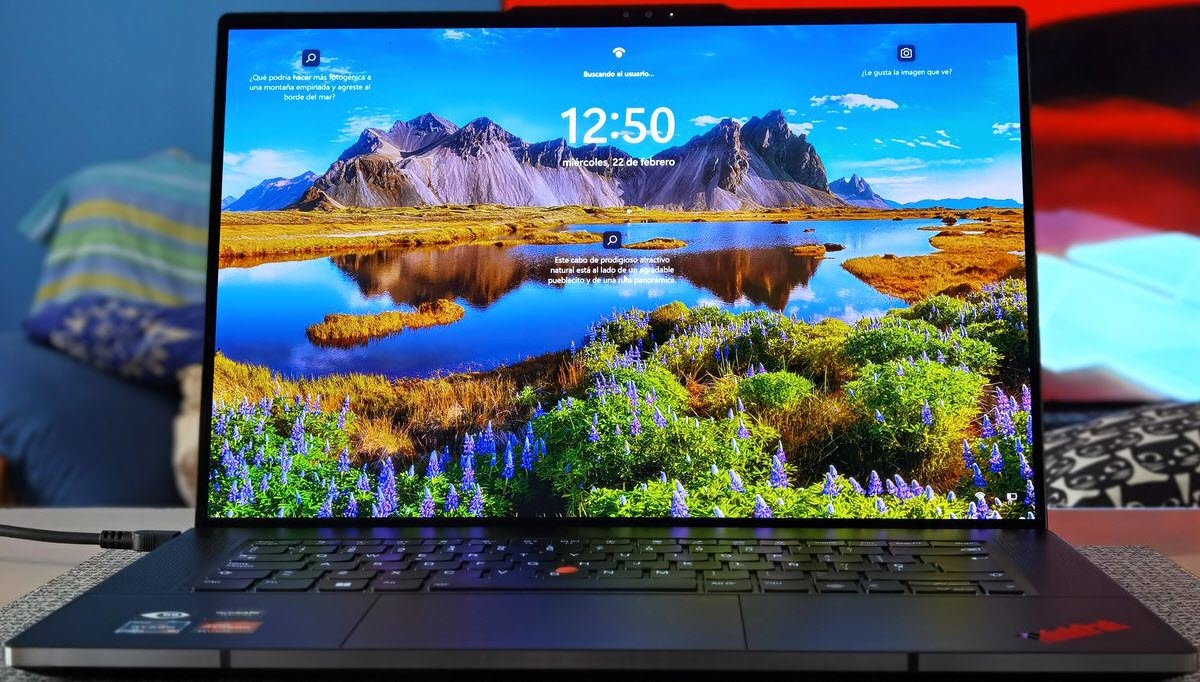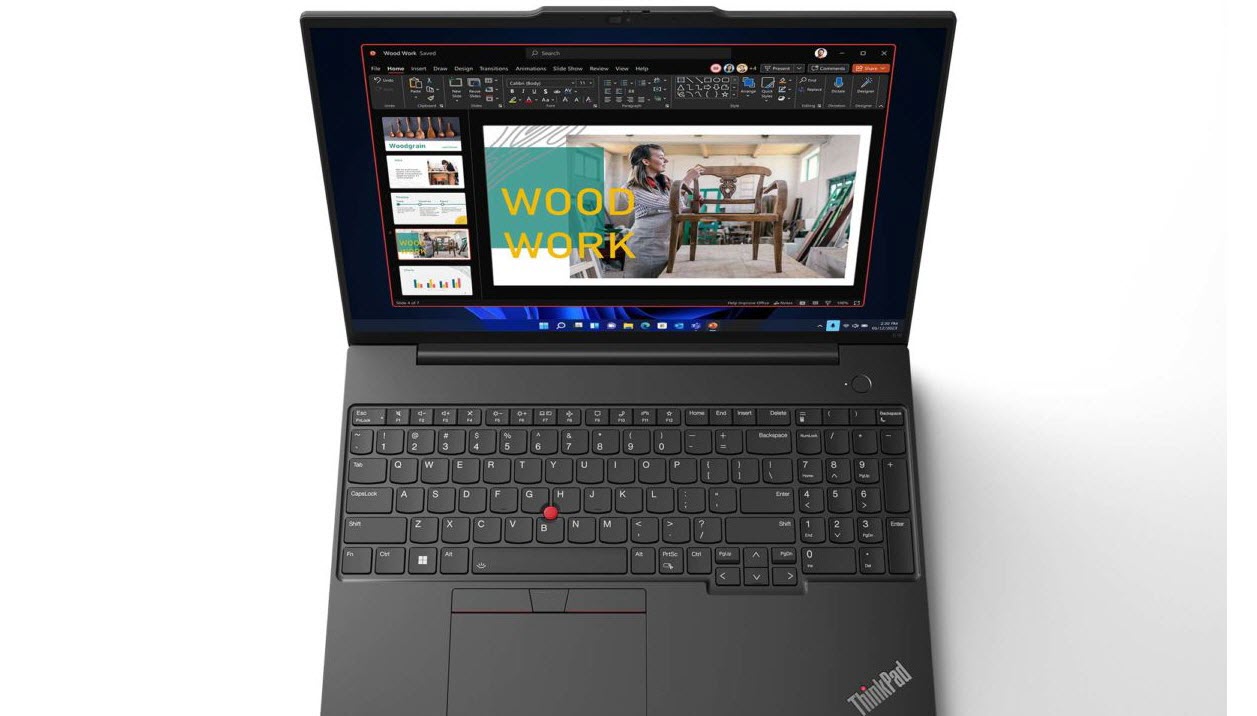Computers & Laptops | October 14, 2023

In 2022, witnessed a significant increase in cybercrimes, with over 375,000 reported cases, marking an increase of more than 70% compared to 2019. It’s a fact: cybersecurity has become a critical concern for businesses, professionals, and individuals alike. In response to the market’s needs, Lenovo and Microsoft have introduced the new generation of ThinkPad laptops, which benefit from the latest innovations of Windows 11. All of this is supported by Microsoft Pluton, the latest initiative from the manufacturer to fortify the operating system against potential threats.
That’s right. Lenovo and Microsoft’s efforts to protect our devices are evident with Microsoft Pluton, a security processor developed in collaboration with major microprocessor manufacturers. This new unit is a natural evolution of TPM chips and is integrated directly into the processor to ensure code integrity at a low level through updates delivered by the company via Windows Update.

Pluton is a chip-to-cloud security technology built on zero-trust principles at its core. This system relies on various principles based on identity verification and the use of cryptographic services. In other words, Pluton technology is designed to protect various credentials, such as user identities, personal data, and encryption keys. It not only makes it difficult for unauthorized access to information during potential attacks but also makes it harder to erase data even if an attacker gains complete physical possession of the computer.

Microsoft Pluton integrates with the device’s firmware through Microsoft-authorized logic support, providing features and functionality. This firmware is stored on the motherboard’s storage unit and is loaded during Pluton hardware initialization. During system boot, a copy is loaded into the operating system along with security features implemented in Windows Update, similar to Azure Sphere’s security service. In other words, it’s not static but adapts to constant threats that could affect data integrity.
The new version of Microsoft’s operating system takes full advantage of Pluton. On one hand, the company provides a range of necessary features and functionalities for applications to interact with Pluton, allowing the use of hardware capabilities provided by the security subsystem. Additionally, the native security features of the system, such as BitLocker and Windows Hello, are available.
BitLocker is used to protect data on the OS drive and fixed or removable data drives. It’s a Windows disk encryption feature that safeguards data by providing full-volume encryption. On the other hand, Windows Hello is a biometric authentication feature that utilizes the webcam or fingerprint scanner on ThinkPad computers to enable passwordless login. But that’s not all.
Windows Defender offers ransomware protection, a security feature that shields user files from unauthorized encryption. It also has an active application control that relies on Microsoft’s blocked vulnerable driver list to help prevent malware attacks.
Lenovo’s ThinkPad range reaches its pinnacle of innovation with the latest models released by the company. We’re talking about the new ThinkPad Z16, ThinkPad X1 Yoga Gen 7, or ThinkPad X1 Carbon Gen 10, which benefit from Lenovo’s portfolio of security solutions known as ThinkShield. In fact, the foundation of Lenovo’s security measures lies in integration with the native features of Windows 11 Pro.
Intel vPro, for instance, provides a higher level of security and allows businesses to manage and protect their computers remotely. This platform offers professional solutions such as VT-x, VT-d, Trusted Execution Technology, and Intel Active Management Technology, meeting the demands of an increasingly discerning market. Within the ThinkShield ecosystem, another powerful security tool is Microsoft Secured-core PC-ready, which protects devices against cyberattacks and malware by implementing security measures at the OS and hardware levels.
To ensure data security when retiring a device, ThinkShield offers the Secure Wipe option, allowing secure data erasure before reuse. Additionally, the Tamper Switch feature detects any attempt at physical manipulation of the device and locks access until security is restored. Self-healing BIOS has the ability to automatically repair any unauthorized changes or damage to the computer’s BIOS, allowing for a reset to initial values.
Another security solution included in the ThinkShield ecosystem is FIDO2, which enables the use of a secure access key. Security Engine blocks any unauthorized access attempts to device data, while Webcam Privacy Shutter offers peace of mind by blocking the webcam when it’s not in use, preventing unauthorized intrusion.